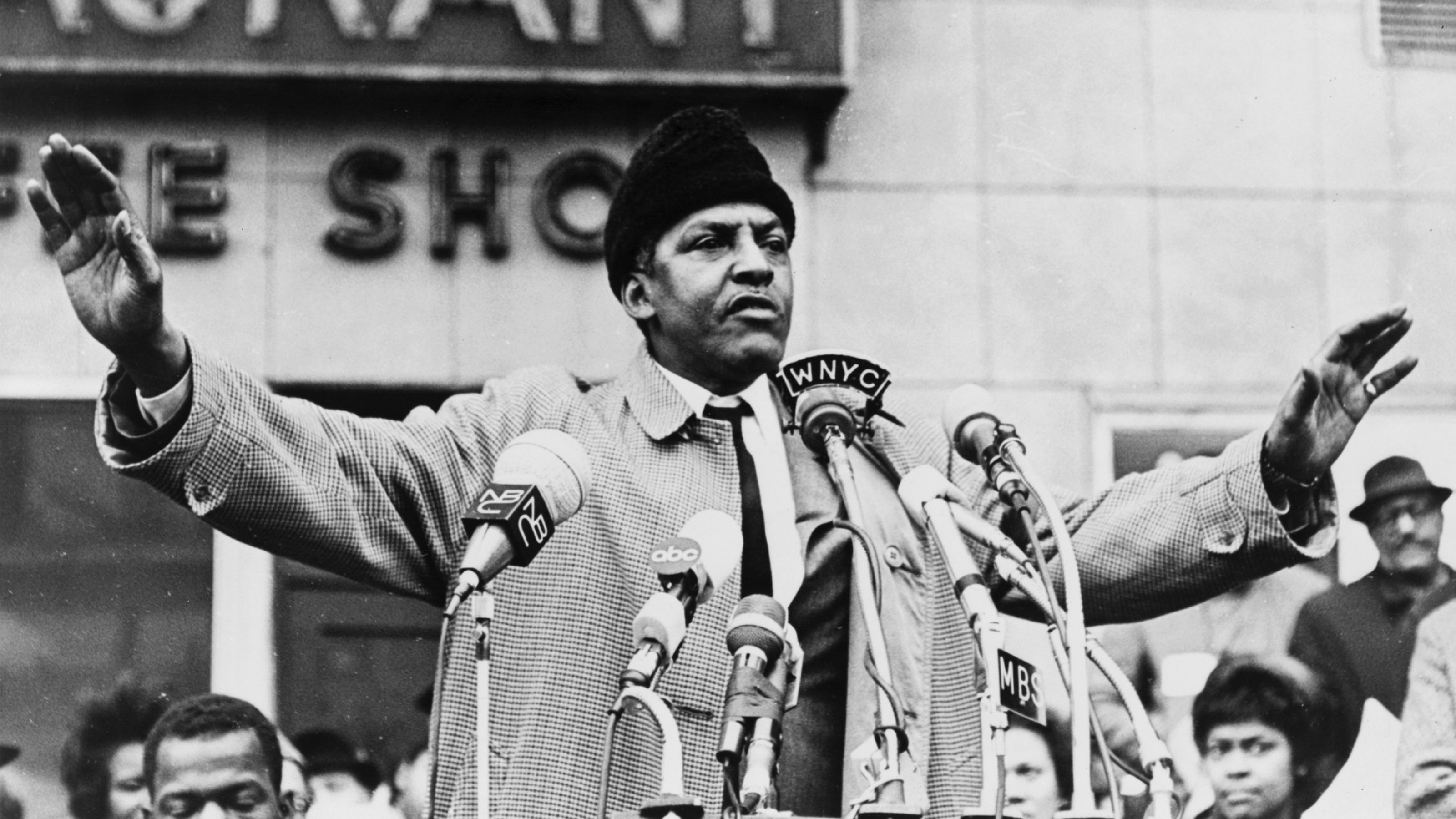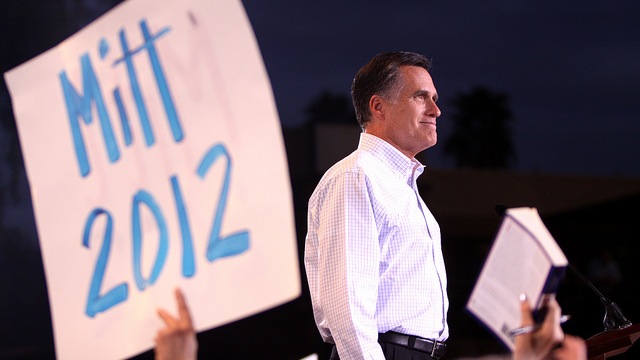Is There Such a Thing as “Post Racial” Music?

With the election of Barack Obama as president, a new word has been enthusiastically thrust into the lexicon of racial debate here in the United States: ‘post-racial’ – the idea that somehow (in what Wikipedia describes as: “a theoretical environment”) we have become devoid of racial discrimination. By electing an African-American president, so the logic goes, we have fallen down on our knees, vigorously confessed our sins of the past, and gracefully accepted everyone as equal: whites, blacks, latinos, asians. We no longer see race because we do not believe it to exist. But are we capable of such a radical declassification of our world? Are we capable, say, of demystifying and eliminating our inherent identifications with such a cornerstone of culture and race as music?
Music has a fluid tendency to breach racial barriers. From the blues to jazz, from punk rock to metal, artists have drawn on music across racial and cultural lines and made it their own. Music, however, retains the troubles and triumphs that a group of people go through. Its history helps us to place in context the lyrics, the rhythm of the sounds, and the song’s structure. When music gets adapted, many times those elements change, and instead of considering the new sounds a continuation of the old, we rename them: “Post punk.” “Fusion jazz.” “Reggaeton.” For instance, despite the success of blues-influenced bands such as Led Zeppelin, The White Stripes, and The Black Keys, do you associate the blues with suburban white Americans or Brits? Or is there an urge to identify the bluesman as a whiskey-soaked African-American and a rock n’ roller as a long-haired white kid?
Hip-hop originated in the Bronx in the late 70’s and early 80’s and came to be identified with inner-city African-Americans. It has had its share of acceptance, and even produced a fairly well-respected white rapper (Eminem), but it still remains a uniquely African-American identity. Hip-hop mogul Jay-Z, on the other hand, claims, “There is no such thing as black music or white music, only good or bad music.” While this may be partially true, and it is true that worldwide hip-hop is associated more with disenfranchised youth than anything, here in America there is a tendency to identify it with African-Americans. In Eminem’s autobiopic, 8 Mile, his struggle was coming to terms that he was, in fact, a white rapper doing a distinctly “black” thing. Growing up in the same neighborhood with similar problems didn’t matter.
In a well-publicized real life feud, The Source Magazine attempted to oust Eminem from the rap market by digging up old tapes and highlighting his racial slurs (a claim he later said came out of a break-up with a black girlfriend). That, and the ridicule heaped upon white rappers such as Vanilla Ice reiterate the fact, that even by African-Americans, hip-hop is viewed as a form of black music. Both the artists and audience now are far more socioeconomically and racially diverse, so does that mean a hip-hop song can eventually capture the spirit of a white Appalachian farm boy from West Virginia? Or will his “hip-hop” be considered a completely new genre of music, leaving the old version to its old time, place, and race?





